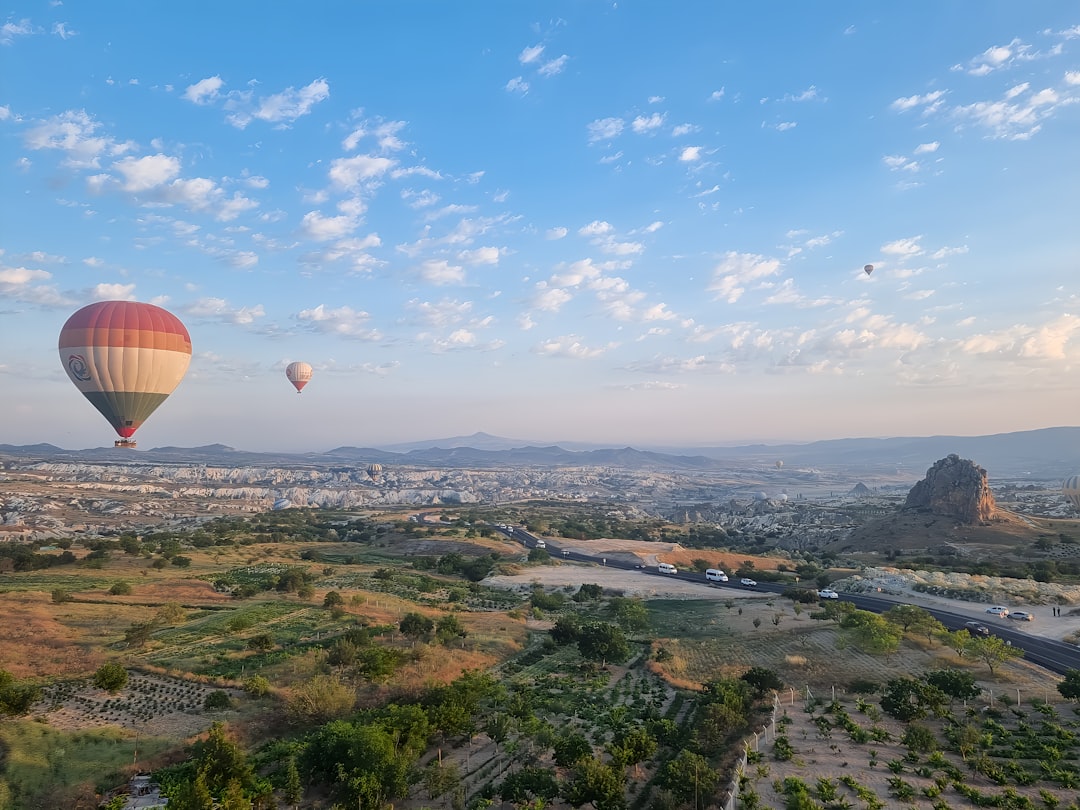
Top Tips for International Travel: A Comprehensive Guide
# Introduction. Traveling internationally can be exhilarating yet daunting. From navigating different cultures and languages to understanding the nuances of international customs, preparation is key to a smooth adventure. In this post, we will explore essential tips to enhance your travel experience, make your journey enjoyable, and ensure you make the most of your time abroad. # 1. Research Your Destination. Before setting off, immerse yourself in the culture, history, and customs of your destination. This helps you understand the social norms and avoid any faux pas. Delve into local cuisines, traditions, and popular attractions to tailor your itinerary. Additionally, familiarize yourself with local laws and regulations to ensure a respectful and lawful visit. Look for travel blogs, documentaries, and guidebooks; these resources can offer invaluable insights and help you avoid common tourist pitfalls. For example, understanding dress codes when visiting temples or customs around tipping can significantly enhance your interactions with locals. # 2. Travel Insurance Is Essential. One of the most important things to consider before embarking on your global journey is travel insurance. This safety net can help cover unforeseen events such as trip cancellations, medical expenses, lost luggage, or emergencies. Be diligent in reading the terms to know what is covered. Additionally, keep multiple copies of important documents—like your insurance policy, passport, and emergency contacts—both digitally and physically. It’s better to be over-prepared than to find yourself in a sticky situation without recourse. # 3. Set a Realistic Budget. Budgeting for your trip is crucial. Start by tallying your estimated expenses, including flights, accommodation, food, activities, and souvenirs. Make sure to account for currency exchange rates and local expenses; prices can vary widely depending on the country you visit. Use apps and websites to compare costs and find deals. Moreover, always have a cushion for unexpected costs, as spontaneous adventures can often lead to unforgettable experiences. Embrace local markets and eateries, which often provide authentic experiences at lower prices, adding to both your adventure and savings. # 4. Packing Wisely: The Art of Travel Light. Packing efficiently can improve your travel experience significantly. Aim to travel light by only bringing essentials. Consider the climate of your destination and choose versatile clothing items that can be mixed and matched. Invest in a sturdy, lightweight suitcase or backpack, and ensure that your carry-on complies with airline restrictions. Don't forget important documents, chargers, and travel-sized toiletries. A packing list can be immensely helpful—mark items off as you pack them to reduce the chances of forgetting essentials. # 5. Stay Connected: Communication Tips. Staying connected abroad is vital, whether you need to contact someone or navigate using maps. Consider international phone plans or purchasing a local SIM card for affordable data. Download useful travel apps before setting off, such as translation apps, maps, or public transport guides. Many countries offer free Wi-Fi in cafes, hotel lobbies, or tourist information centers, so take advantage of those to stay connected without incurring high roaming charges. Familiarize yourself with offline maps as well—these can help you navigate even without internet access. # 6. Embrace Local Culture and Try New Things. Traveling is about exploration and cultural exchange. Be open to trying new foods, learning basic phrases in the local language, and participating in local customs. Attend festivals or local events and engage with residents—this will enrich your experience and leave lasting memories. Trying street food is often a highlight of traveling, allowing you to sample authentic local cuisine while supporting local vendors. Remember to always be respectful and mindful of cultural practices; this will not only enhance your experience but also foster goodwill between travelers and locals. # Conclusion. International travel can be an exhilarating experience filled with new adventures and learning opportunities. By conducting thorough research, being financially savvy, packing wisely, and fostering cultural exchanges, your journey can be smooth and memorable. Embrace each moment, knowing that each destination offers unique wonders waiting to be explored. With these tips, you are well on your way to embarking on a successful international trip that will surely leave a mark on your travel narrative. .







